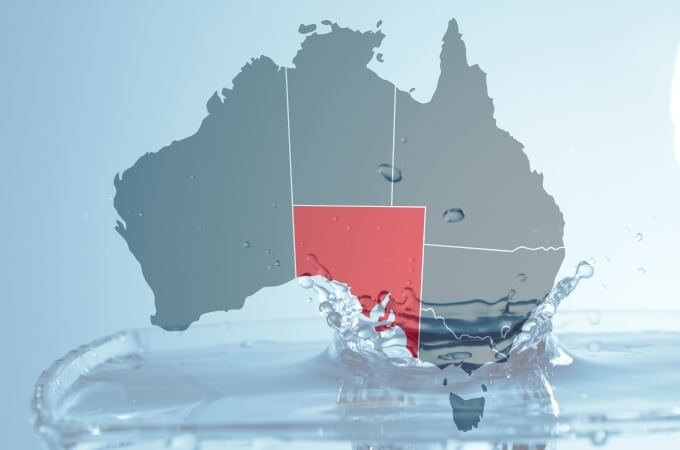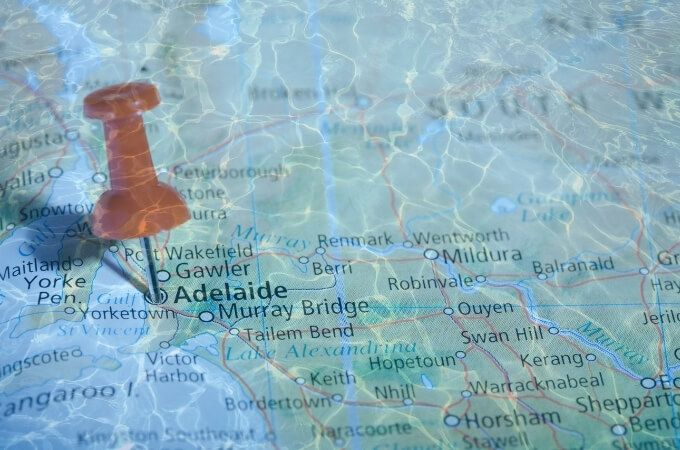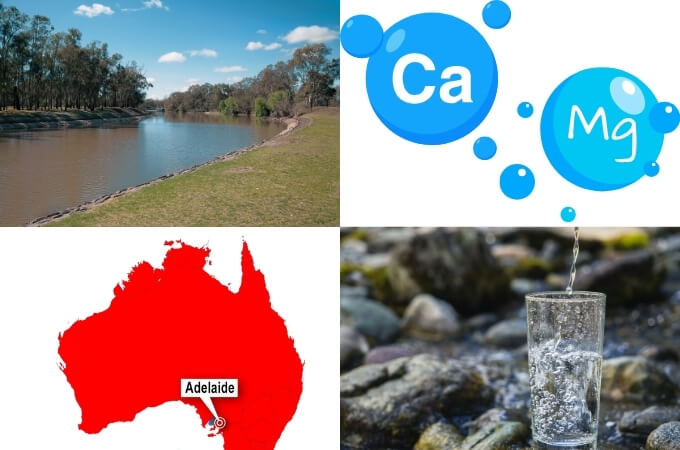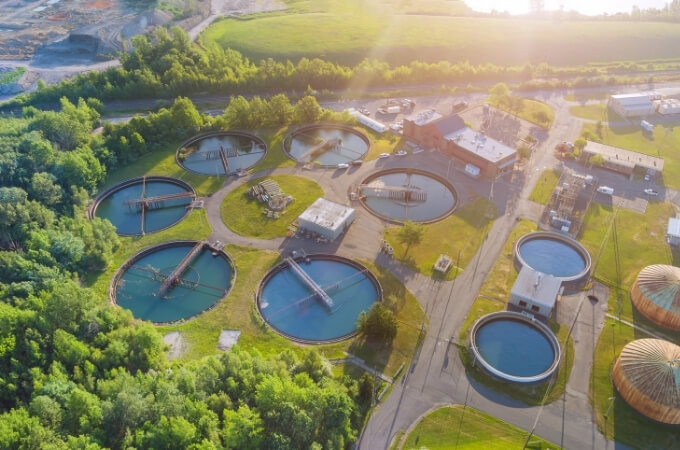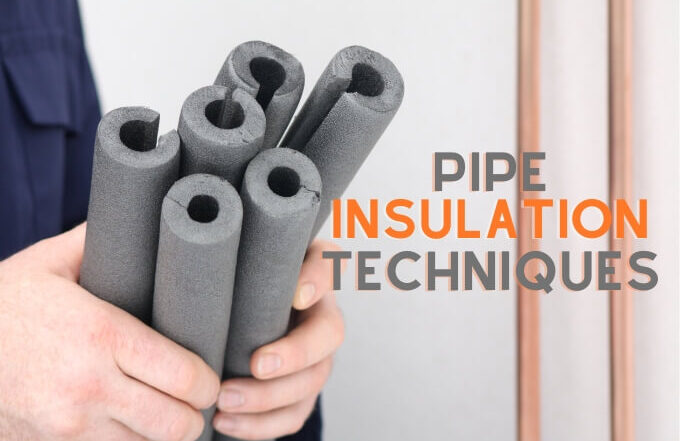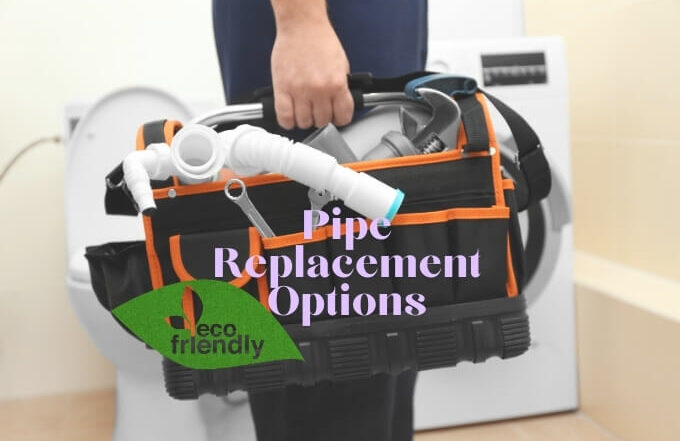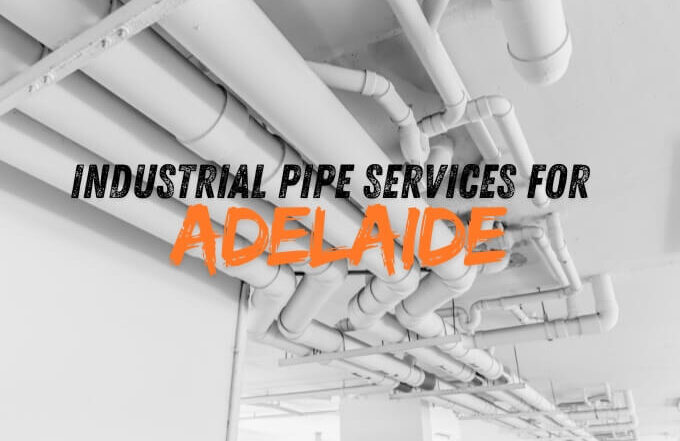Is Adelaide water hard or soft
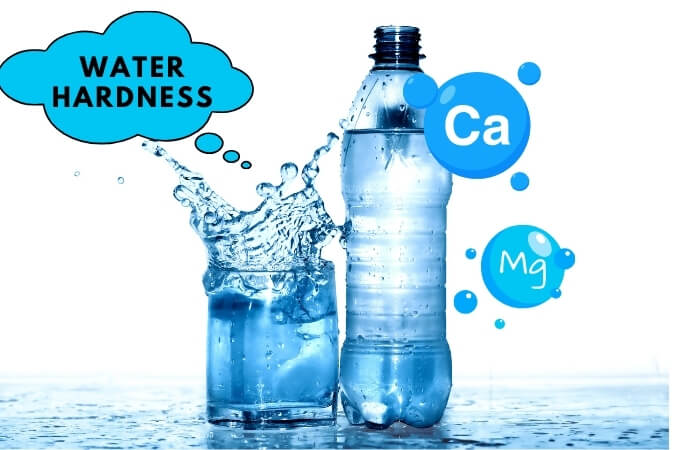
Water hardness is about the amount of minerals, like calcium and magnesium, in water. Knowing about water hardness Adelaide is important because it affects your everyday things. Hard water can make appliances and pipes get crusty with limescale, which makes them work less efficiently and wear out faster. It also makes soap less bubbly and harder to rinse off. On the other hand, soft water is better for your skin and hair and makes cleaning easier. Understanding your water’s hardness helps you make smart choices about water use and treatment, keeping your home running smoothly.
Is Adelaide Water Hard or Soft? Let’s Find Out!
- What is Water Hardness?
- Overview of water hardness levels in South Australia
- Regional differences in water hardness
- Is Adelaide Water Hard or Soft?
- Effects of water treatment on water hardness
Definition of water hardness
According to Water Filters Australia, water hardness is the measure of dissolved minerals, primarily calcium and magnesium, in water. As water passes through rocks and soil, these minerals build up. The higher concentrations of these minerals, which are commonly expressed in milligrammes per litre (mg/L), are also present in hard water. There are four levels of water hardness: soft (less than 60 mg/L), moderately hard (60–120 mg/L), hard (120–200 mg/L), and very hard (more than 200 mg/L).
Overview of water hardness levels in South Australia
In SA, water hardness levels vary significantly across different regions. Generally, the water in South Australia is considered to have moderate to high levels of hardness. This means that many areas experience different challenges with hard water, such as scale buildup in pipes and appliances.
According to SA Water, the state’s water supply can range from 50 to over 200 ppm, which falls into the category of moderately hard to very hard water. The variation is largely due to the geological characteristics of the regions from which the water is sourced.
Regional differences in water hardness
South Australia’s water hardness levels differ significantly from one region to another. For instance, the water supplied to the Adelaide metropolitan area is typically softer compared to the water in rural areas. This is because water hardness Adelaide comes from a mix of surface water sources, including reservoirs and the River Murray, where water is treated to reduce hardness levels.
In contrast, many regional and rural areas rely on groundwater, which tends to have higher concentrations of calcium and magnesium. For example, areas like Mount Gambier and the Limestone Coast have very hard water due to the limestone aquifers in the region. These natural geological formations contribute high levels of calcium to the groundwater, making it particularly hard.
Is Adelaide Water Hard or Soft?
Adelaide’s water hardness varies depending on the source and treatment processes involved. Generally, the water in Adelaide is considered moderately hard. The city’s primary water sources include the River Murray, local reservoirs, and groundwater. The water hardness levels can fluctuate, but typically, they range from 60 to 120 ppm. Suburbs such as Golden Grove, Burnside, and Glenelg often experience issues with harder water due to older infrastructure and mineral buildup.
Factors Determining Water Hardness in Adelaide
- Geology: The local geology greatly influences water hardness as water moves through mineral-rich rocks and soil.
- Water Sources: The Murray River and local reservoirs, which provide water to Adelaide, contain higher levels of dissolved minerals.
- Mineral Contact: As rainwater travels and interacts with different minerals in the ground, it accumulates calcium and magnesium, increasing hardness levels.
Impacts of hard water on household appliances and plumbing
Hard water in Adelaide can be the source of numerous issues. The mineral concentration typical of water hardness in Adelaide can lead to limescale buildup in pipelines, water heaters, kettles, and other appliances. This buildup reduces their lifespan and efficiency, can restrict water flow, increase energy consumption, and necessitate more frequent repairs. In severe cases, this can cause blockages and leaks, requiring a blocked drain service and leaking tap repair to prevent further damage and restore proper function. Additionally, the effectiveness of soaps and detergents is diminished by hard water, requiring more product for the same cleaning results and possibly leaving residue on clothing and dishes.
Effects of water treatment on water hardness
South Australian Water Corporation (SA Water) employs several treatment processes to ensure that the water quality meets health and safety standards to avoid SA water hardness. One of the key processes is lime softening, which helps reduce the levels of calcium and magnesium in the water.
Additionally, the use of reverse osmosis and ion exchange treatments in some areas further helps in softening the water. These treatments not only improve the taste and usability of the water but also help reduce scale buildup in household appliances and plumbing systems. This is particularly beneficial for Adelaide residents, as it prolongs the lifespan of their appliances and reduces maintenance costs.
One more thing that will help maintain the quality of tap water is regularly checking the plumbing system. Residents can rely on Will’s Plumbing Adelaide for thorough inspections and maintenance, ensuring that their plumbing system is in top condition and contributing to the overall effectiveness of water treatment processes.
Overall, while Adelaide’s water is moderately hard, the treatment processes in place help manage the hardness levels effectively, ensuring that residents receive high-quality water that is safe for consumption and everyday use.
Conclusion
Understanding water hardness in South Australia, especially the water hardness Adelaide, is important for keeping household appliances and plumbing systems running smoothly. Because Adelaide’s water is usually moderately hard, the treatments above will ensure you get safe, high-quality water while minimizing the negative effects of hard water. By knowing about water hardness and using the right treatments, you can keep your homes running efficiently.
